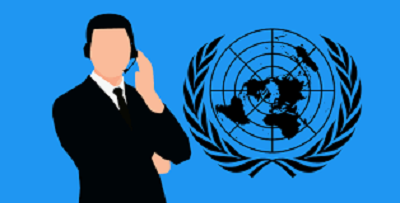

The ‘Global Water Leadership Program’ has been implemented with the objective of supporting leadership development for improved water, sanitation and hygiene-related services and climate upliftment.
The program is being implemented in collaboration with the World Water Partnership, UNICEF, Sanitation for All and Water, Drinking Water, Sanitation, Joint Monitoring Program for Sanitation and the World Health Organization. The program will run until 2024.
The program is being implemented in 10 countries including Nepal, Bangladesh, Chad, Central African Republic, Madagascar, Palestine, Rwanda, Tanzania and Uganda. The Water and Energy Commission is confident that the program will help the government to implement effective and inclusive climate-resilient water policies and strategies and help maintain climate-resilient communities.
Water resources management and drinking water, sanitation and hygiene (housing) sectors are involved in the program. The Commission has stated that the implementation of the program will provide ample opportunity to identify the impact of climate change on water resources management and housing services and to identify and support climate finance.
The Commission is confident that the collection and analysis of important data related to water resources management and housing services in the country will help in transforming the relevant policies and strategies. The Commission stated that it will help strengthen water governance and promote stakeholder cooperation for uplifting and inclusive water resource management and habitat services, advocating for the importance of sustainable water resources and habitat services for health, livelihood, climate resilience and economic growth.
A 17-member program coordination committee has been formed under the chairmanship of the secretary of the commission for the effective implementation of the program.
The purpose of the program is to address the challenges facing developing countries due to the approaching climate crisis. According to one estimate, by 2020, nearly two billion people will be without access to safe drinking water. Similarly, 2.3 billion people did not have access to basic handwashing services and 3.6 billion people did not have access to safe sanitation services.
Speaking at a workshop organized today to discuss the preparations for the implementation of the program, Secretary of the Commission Dinesh Kumar Ghimire said that the program was implemented to fulfil the international commitment expressed to achieve the six objectives of sustainable development. He informed that the program aims to provide clean drinking water facilities to the crisis-stricken community.